Types of Self-Drilling Rock Bolt Drill Bits and Applicable Geological Conditions
Time:2025-10-14From:sinorock View:
Introduction
Self-drilling rock bolts have revolutionized geotechnical engineering by combining drilling, grouting, and anchoring into a single process. At the core of this innovation lies the drill bit—a component that dictates project success in challenging terrains. Whether stabilizing slopes in landslide-prone areas or reinforcing tunnels in fractured rock, selecting the right drill bit for rocks ensures efficiency, safety, and cost-effectiveness. This article explores Sinorock’s advanced drill bit portfolio, tailored to conquer diverse geological conditions while aligning with modern SEO-driven search queries like "drilling a rock" and "drill bit for rocks."
.jpg)
The Significance of Drill Bits
Traditional drilling methods required separate tools for drilling and anchoring, leading to downtime and increased costs. Self-drilling systems eliminate these inefficiencies by integrating a hollow bolt that acts as both a drill pipe and a conduit for grout. For instance, Sinorock’s self-drilling anchor bolts enable simultaneous drilling and grouting, ideal for unstable formations like decayed rock or sandy gravel. This integration not only accelerates projects but also enhances anchoring quality by ensuring grout penetrates fractures effectively.
42CrMo Alloy Steel: Known for its high tensile strength and tempering resistance, this medium-carbon steel forms the backbone of Sinorock’s hardened drill bits. Its durability under high-pressure conditions makes it suitable for abrasive environments like gravel or compacted fills.
Tungsten Carbide: Used in carbide drill bits, this material excels in medium-to-hard rock formations. By welding carbide teeth onto bit surfaces, Sinorock ensures extended service life even in schist or volcanic rock.
Heat Treatment: Advanced quenching processes enhance hardness while minimizing brittleness—a critical factor in preventing cracks during operation.
Types of Drill Bits
Hardened Drill Bits
a. Hardened Cross-cut Drill Bit (EX)
Features:
- Cross blade structure with rotating direction on the cutting edge.
- Differentiated water hole configurations for enhanced performance.
Applicable Geological Conditions:
- Soils and soft rocks, sandy soils, chalky soils, alluvial sandy soils, compacted fills, hard dense loess, gravel, pebbles, natural grading gravels, soft marl, and soft rocks (strong weathering degree).
Best Performance:
- Mudstone, gravel soil, chalk soil, lime soil, calcareous clay, artificial fill, soft mudstone.

b. Hardened Button Drill Bit (ES)
Features:
- Spherical teeth on the flat surface for increased drilling efficiency.
Geological Conditions:
- Soils and soft rocks, sandy soils, chalky soils, alluvial sandy soils, chalky clay, compacted fill, hard dense loess, gravel, pebbles, natural grading gravel, soft marl, and soft rocks (strong weathering degree).
Best Performance:
- Crushed formation, soft sandstone, limestone, gravel, soft rock formation.
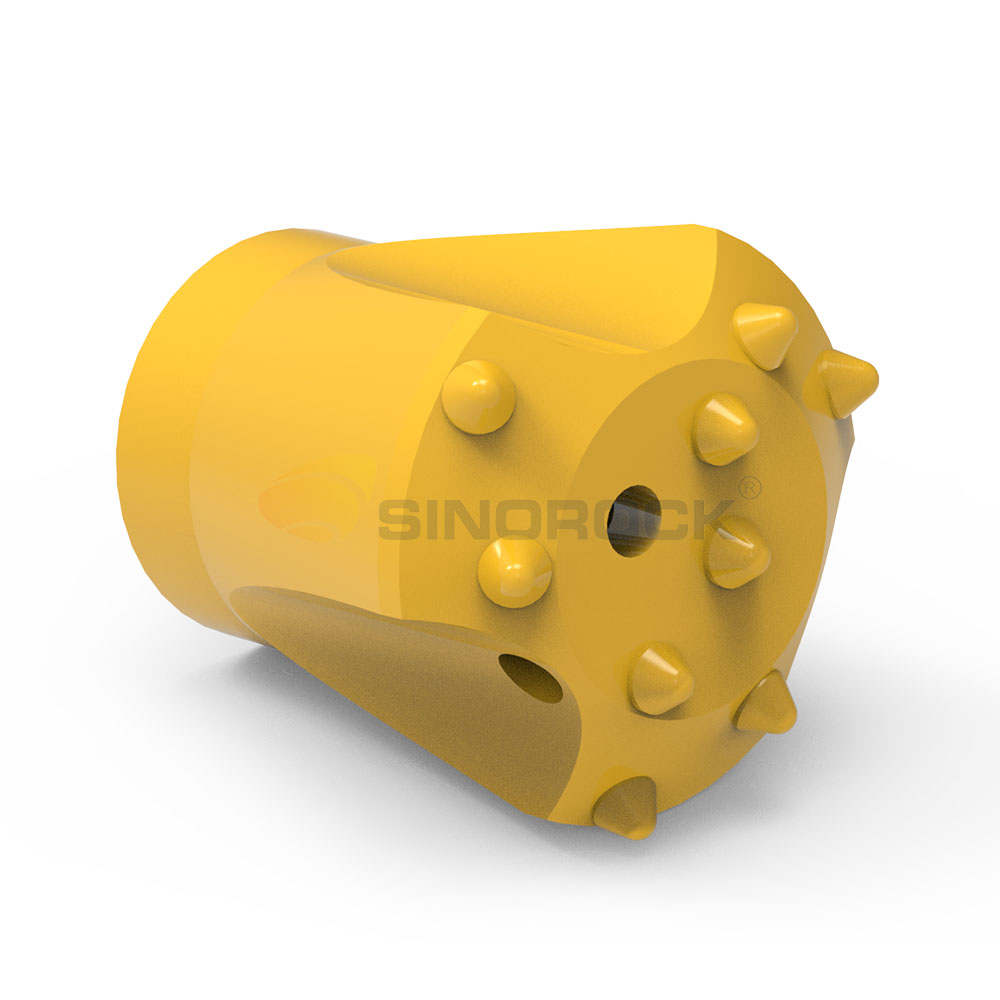
Clay Drill Bit
Features:
- Double-layer cross bits with backflush grouting holes.
- Increased cutting edge wear resistance through casting and heat treatment.
Applicable Geological Conditions:
- Sandy soil, chalky soil, alluvial sandy soil, silt, chalky clay, sand with gravel, fill, dry loess, loess with gravel, and gravelly firm soil.
Best Performance:
- Clay, soft soil, sandy soil, gravel, mixed fill.
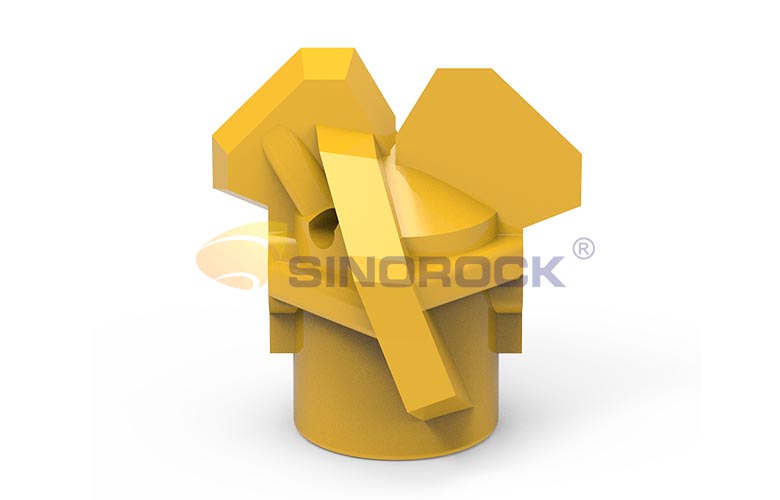
Carbide Drill Bits
Tungsten Carbide Cross-cut Drill Bits (EXX)
Features:
- Cross blade structure with welded straight alloy bar.
Applicable Geological Conditions:
- Soft rock, hard clay, medium dense shale, marl, chalk, poorly cemented conglomerate, soft limestone, shell limestone, and medium hard rock (strongly weathered).
Best Performance:
- Soft to medium hard rock, gravel mixed with boulders, rock formations with developed cracks, and unreinforced concrete.
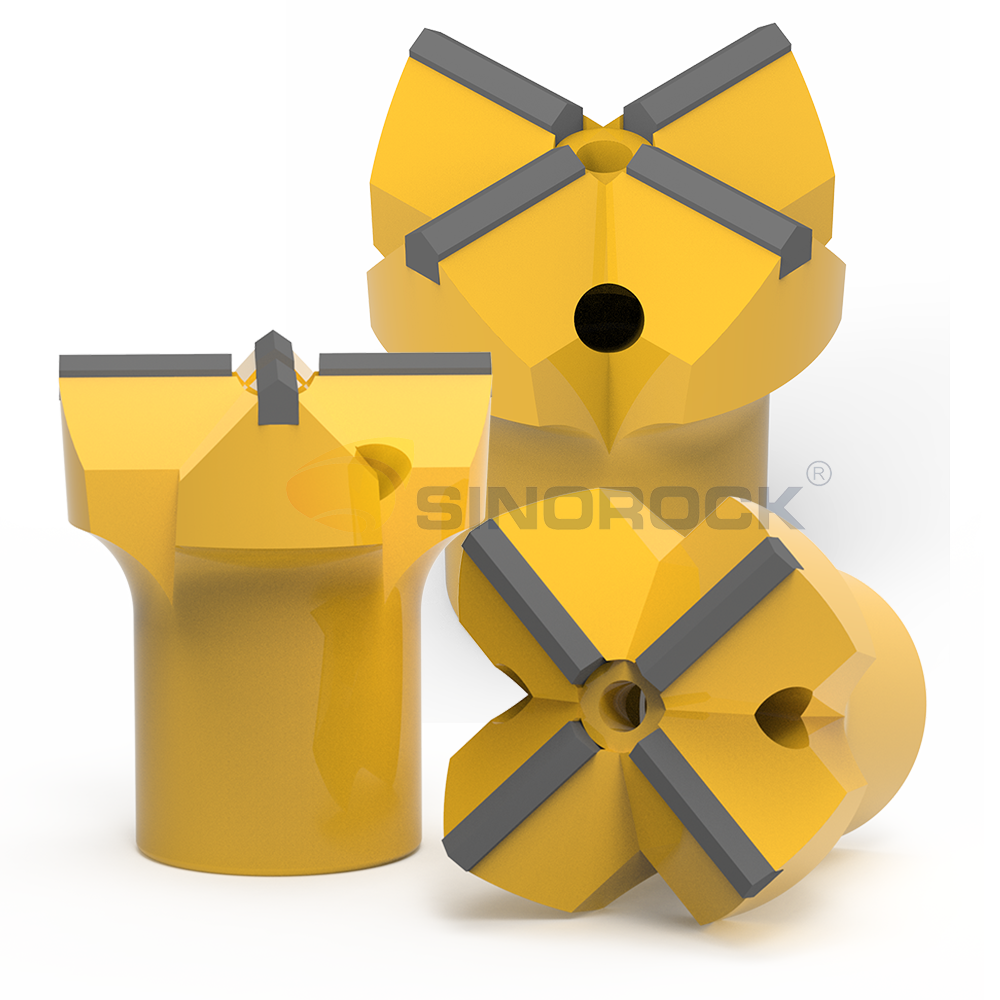
Tungsten Carbide Button Drill Bits (ESS)
Characteristics:
- Welded with ball-tooth alloys in three-flap or four-flap structures.
- Enhanced drilling efficiency through outermost ring exposure.
Applicable Geological Conditions:
- Soft rock, hard clay, medium-density shale, marl, chalk, poorly cemented conglomerate, soft limestone, shell limestone, medium-hard rock (medium weathering degree), and hard rock (strong weathering degree).
Best Performance:
- Soft to medium hard weathered rock formations, boulders, gravel, such as mudstone, schist, volcanic rock, etc.
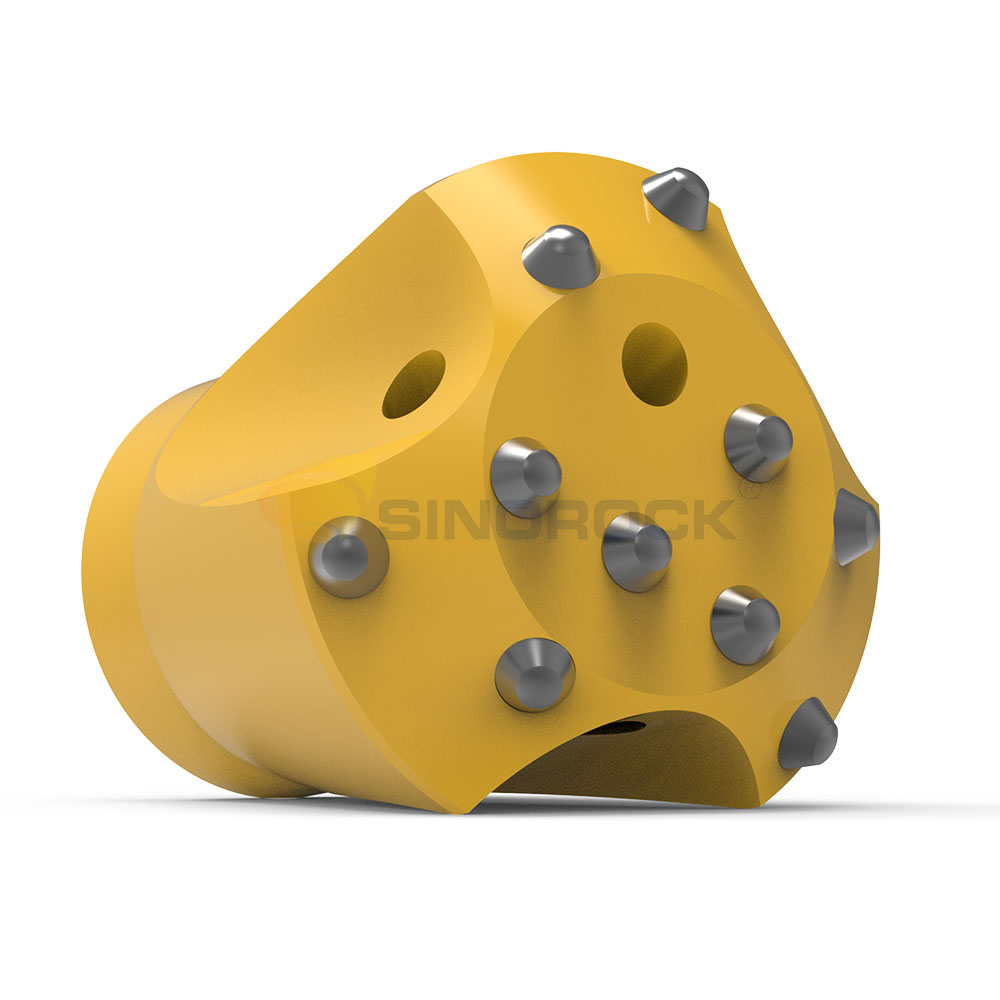
| Formation Type | Recommended Bit | Key Advantage |
|---|---|---|
| Soft soil, silt | Clay Drill Bit | Prevents clogging with backflush. |
| Gravel, pebbles | Hardened Cross-Cut (EX) | Robust blade structure. |
| Weathered rock, fissures | Carbide Button (ESS) | Enhanced fracture penetration. |
For example, in slope stabilization projects with loose soil, Sinorock’s clay bits reduce downtime by 30% compared to conventional tools. A typical cross alloy bit comprises: Cross Blades: Angled at 20° for optimal rock fracturing.
Slag Discharge Grooves: Channel debris away, maintaining drilling speed.
Flushing Holes: Ensure continuous grout flow, critical for anchoring in porous rock.
Sinorock’s "T-thread" design on anchor bolts further enhances load distribution, preventing thread stripping in high-stress environments.
Bit Breakage: Caused by overheating during heat treatment.
Solution: Implement gradient cooling processes.
Premature Wear: Mismatched bit hardness and formation abrasiveness.
Solution: Use carbide bits for silica-rich rock.
With over a decade of expertise, Sinorock’s drill bits are trusted in global projects, from Himalayan tunnel supports to coastal erosion barriers. Our R&D team continuously refines designs based on field data, ensuring unmatched reliability.
Understanding the interplay between drill bit design and geology is paramount for project success. Sinorock’s tailored solutions address everything from soft soils to volcanic rock, backed by cutting-edge material science. For expert guidance, contact us at sinorock@sinorockco.com.
latest news
-
.jpg)
- Common Failures For Hollow Anchor Bar Tunnel Construction
- Time:2025-10-28From:This Site
- Common failures in hollow anchor bar tunnel construction: causes, solutions, and Sinorock’s self-drilling bolt technology for safer tunnels.
- View details
-

- Top 6 Critical Steps for Self-Drilling Anchor Bolt Construction
- Time:2025-10-23From:This Site
- Master the 6 critical steps for self-drilling anchor installation! Boost construction safety and efficiency with expert grouting and drilling tips.
- View details
-
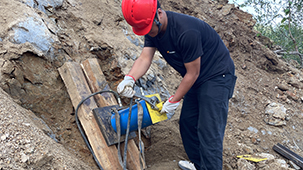
- What Factors Affect the Tensile Strength of Self-Drilling Anchor Bolts?
- Time:2025-10-16From:This Site
- Discover the key factors affecting the tensile strength of self-drilling anchor bolts: diameter, length, shear strength, grouting pressure, and wall thickness. Learn how to optimize for safer tunneling and slope projects!
- View details
-

- Sinorock 2025 Quality Month | Strengthening Quality Foundations, Empowering Product Excellence
- Time:2025-08-13From:This Site
- Sinorock’s 2025 Quality Month, themed “Strengthening Quality Foundations, Empowering Product Excellence,” successfully concluded, reinforcing our commitment to superior product quality.
- View details
-
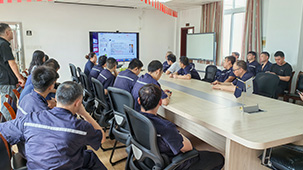
- Sinorock Safety Month 2025 | Everyone Speaks Safety, Everyone Can Respond
- Time:2025-07-03From:This Site
- Sinorock Safety Month 2025, centered on the theme "Everyone Speaks Safety, Everyone Can Respond - Spot Workplace Hazards," has wrapped up successfully!
- View details
-
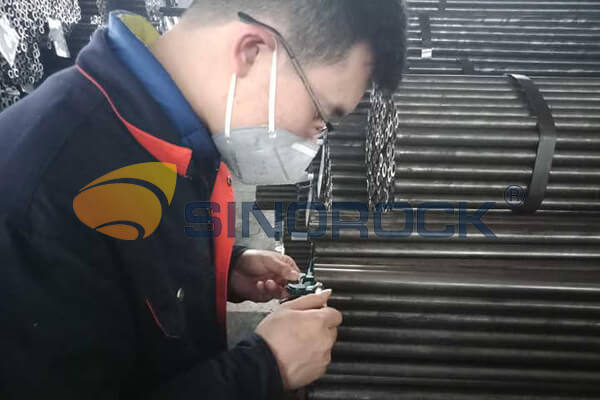
- Quality Control: the Vital Factor of A SDA Bolt Factory
- Time:2025-01-09From:This Site
- Sinorock’s comprehensive quality control system, from supplier management to outgoing inspections, ensuring the highest standards for self-drilling anchor bolts in construction.
- View details
-

- SINOROCK to Showcase Innovative Mining Solutions at Mining and Metals Central Asia 2025
- Time:2025-09-09From:This Site
- We are pleased to share that SINOROCK will participate in the Mining and Metals Central Asia 2025, taking place from September 17 to 19 at the Atakent International Exhibition Centre in Almaty, Kazakhstan. You can find us at Booth 11-231.
- View details
-
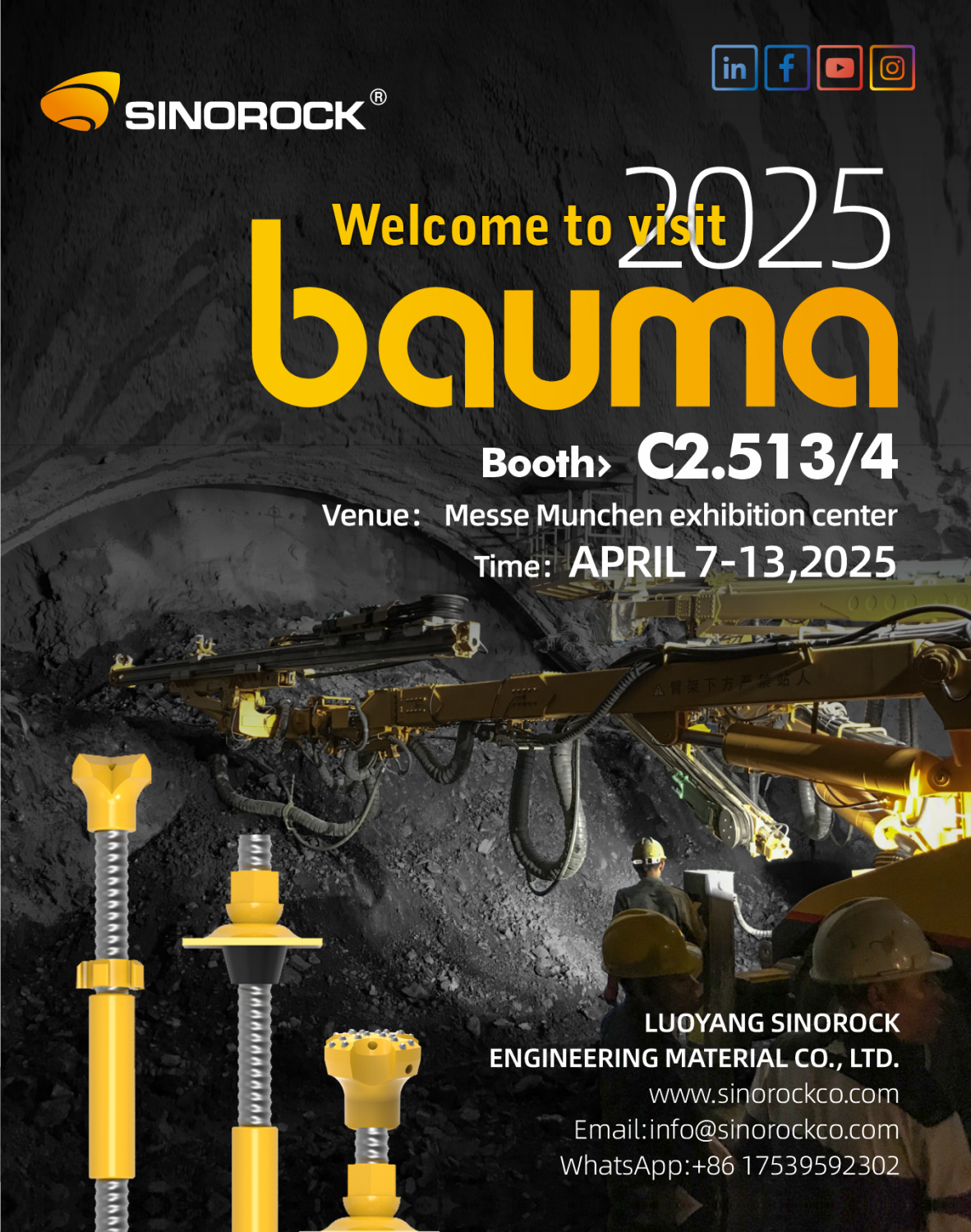
- Sinorock Invites You to Explore Proven Self-Drilling Anchor Bolt Solutions at bauma 2025
- Time:2025-03-07From:This Site
- From April 7–13, 2025, explore Sinorock’s Self-drilling anchor bolt solution at Booth C2.513/4 in Hall C2 of the Messe München Exhibition Center (Munich, Germany).
- View details
-
.jpg)
- SINOROCK to Attend EXPOMINA PERÚ 2024 in Lima, Peru
- Time:2024-08-10From:This Site
- Sinorock to Attend EXPOMINA PERÚ 2024 in Lima, Peru
- View details
 Download
Download 


